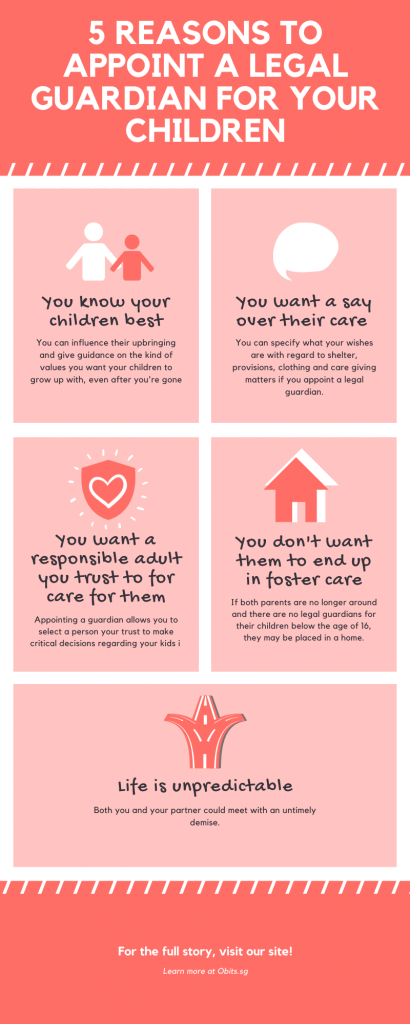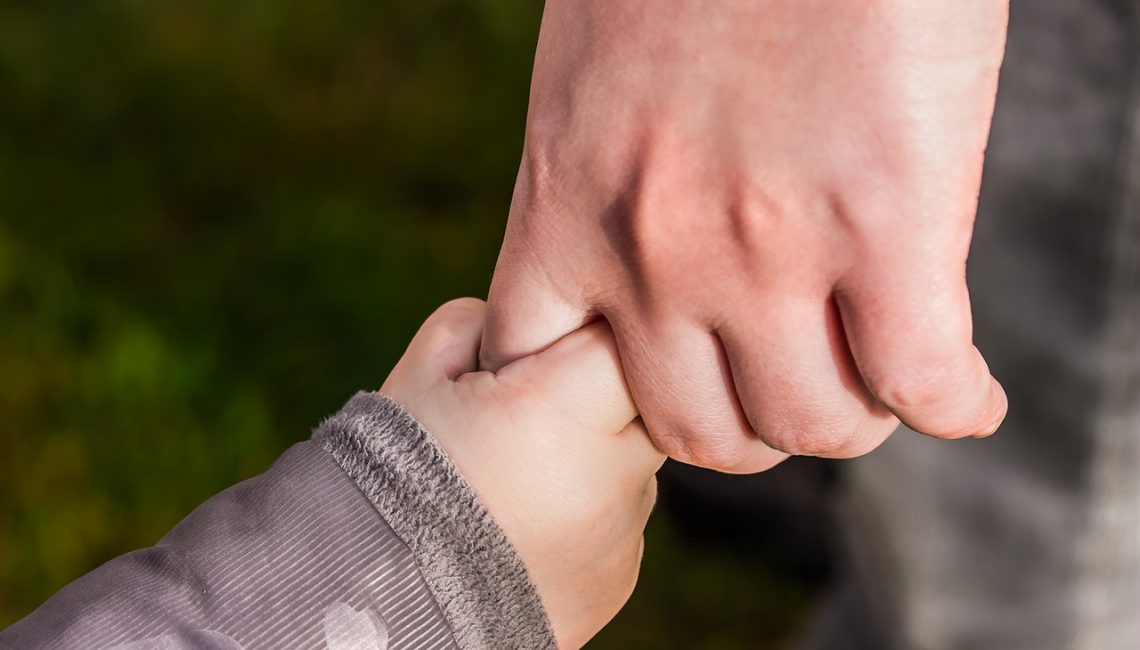Friends and fans of Godfrey Gao were shocked by his collapse and sudden death last month. At 35, the Taiwanese male actor and model was cut down at the peak of his career when life had just begun. I could feel a collective sigh over The feelings of regret were etched even deeper when revelations that he had intended to propose to his girlfriend were made public.
An unexpected death is harder when it leaves behind young dependents.
Like the time I found out a young co-worker of mine unexpectedly died in her sleep. She had a bubbly personality with a ready smile for everyone she met without perceivable health problems.
She was in her late 20s.
My deepest-etched memories of her passing came from the pangs of regret I felt on her behalf for her little baby. Back then, I imagined that as a new mother, she would have felt the biggest disappointment at not being present for her baby as he grew up.
The next best thing a parent could have done is to leave instructions with a trusted friend or relative on how to bring up your child in your absence. An unexpected crisis that leads to your untimely demise is a major reason to consider appointing a guardian for your children.

Here are four other reasons to consider doing so:
1. You know your children best
As the parent, you probably know your children best and who they get along with. Providing for a guardian in your permanent absence lets you decide which person or persons you want to have a direct say over your children’s upbringing and the values they will grow up with. You can also ensure that you appoint somebody who shares your perspectives on child-rearing.
Point to note: A guardian does not have to be blood relative, but he or she will need to be permanently residing in Singapore.
2. You want to have a say about their care even if you’re gone
Leaving instructions in your will about who you will like to be your children’s guardian helps the administrators of your estate understand and carry out your wishes. You can specify what your wishes are with regard to shelter, provisions, clothing and caregiving matters for your children to cater for their emotional and educational needs, up until they reach 21 years of age.
Point to note: Make sure to discuss these matters with the person you intend to appoint as your children’s guardian and obtain their consent before drafting this in your will. Consider if the person you intend to appoint is physically, financially and emotionally able to take on this responsibility.
3. You want a responsible adult you trust to for care for your children
If you cannot be sure that your partner or ex-partner will be able to look after your children adequately, appointing a legal guardian ensures that your children have another adult in their lives who could make critical and important decisions for them, should you no longer be around.
Point to note: The person whom you appoint as guardian will be co-guardian with the surviving parent unless the surviving parent contests your appointed guardian. If there is a dispute, the court could order that your appointed guardian acts jointly with the surviving parent, make the guardian the sole guardian of your children, or order the surviving parent to remain the sole guardian.
4. You don’t want your children to be placed in foster care
In the very tragic event that both you and your partner meet with a crisis that leads to an untimely death and your relatives are unwilling or unable to apply to the court to be their legal guardian, it is likely that your children will be placed in foster care under the care and protection of the Ministry of Family and Social Development if they fall below the age of 16. Your children may be placed in a home.
Point to note: In your will, you can specify a time when legal guardianship will end. If the termination of guardianship ends before your children turn 16 years old, they will be placed in a home under the Children & Young Persons Act

